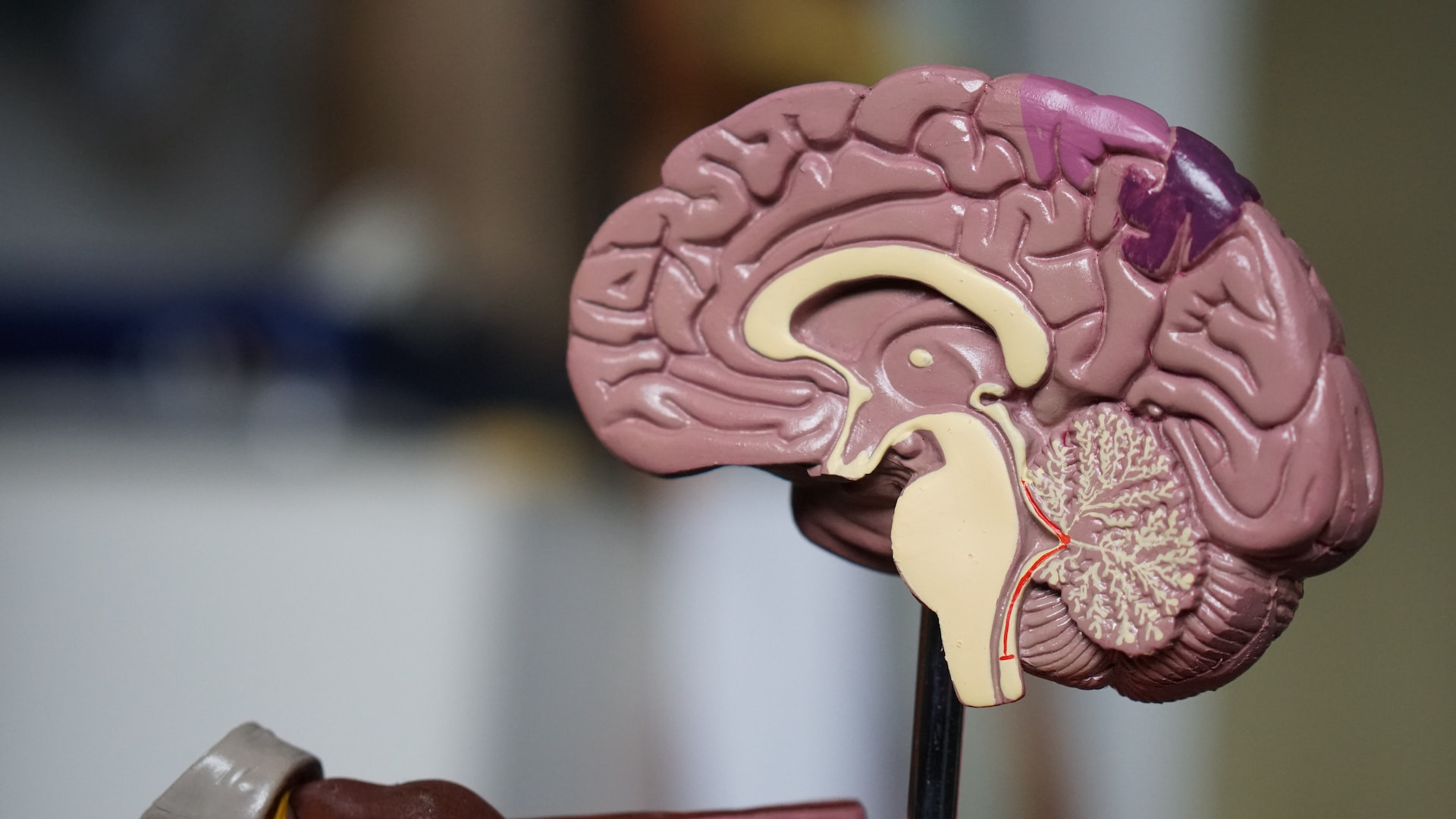Cognitive decline in adulthood is associated with changes in the structure and function of the brain. As people age, the brain undergoes many changes, such as loss of synapses and dysfunction in neural networks. In some cases, age-related diseases can further accelerate these processes, leading to more severe cognitive impairments that impact daily functioning.
However, over the past few decades, there has been a lot of promising research challenging the notion of cognitive decline in older adulthood. A study by Lars Nyberg and Sara Pudas from Umeå University in Sweden revealed that fluid cognitive abilities, such as cognitive control, working memory, and episodic memory, can improve in older adults.
Cognitive training interventions, which involve targeted computer tasks or strategy training, have shown immediate increases in trained abilities but limited evidence of gains in non-trained abilities.
The structure and functionality of the brain changes as we age.
In contrast, cognitive engagement interventions that involve real-world skills, such as photography or piano playing, have demonstrated cognitive gains in older adults. However, evidence of longer-term maintenance or improvements in cognitive gains is scarce, with only a small number of studies investigating long-term effects.
To address this gap, a team led by Rachel Wu, Associate Professor of Psychology at the University of California, Riverside, has examined whether learning multiple new real-world skills simultaneously results in long-term improvements in cognitive abilities.
Full article: https://archive.ph/qA9s7#selection-687.0-871.137
Related Website: Team | Calla Lab
Open Access Papers:
One-year cognitive outcomes from a multiple real-world skill learning intervention with older adults
Novel skill learning has been shown to have cognitive benefits in the short-term (up to a few months). Two studies expanded on prior research by investigating whether learning multiple novel real-world skills simultaneously (e.g. Spanish, drawing, music composition), for a minimum of six hours a week, would yield 1-year cognitive gains.
Successful Memory Aging
For more than 50 years, psychologists, gerontologists, and, more recently, neuroscientists have considered the possibility of successful aging. How to define successful aging remains debated, but well-preserved age-sensitive cognitive functions, like episodic memory, is an often-suggested criterion. Evidence for successful memory aging comes from cross-sectional and longitudinal studies showing that some older individuals display high and stable levels of performance. Successful memory aging may be accomplished via multiple paths. One path is through brain maintenance, or relative lack of age-related brain pathology. Through another path, successful memory aging can be accomplished despite brain pathology by means of efficient compensatory and strategic processes. Genetic, epigenetic, and lifestyle factors influence memory aging via both paths. Some of these factors can be promoted throughout the life course, which, at the individual as well as the societal level, can positively impact successful memory aging.
https://www.annualreviews.org/doi/10.1146/annurev-psych-010418-103052
